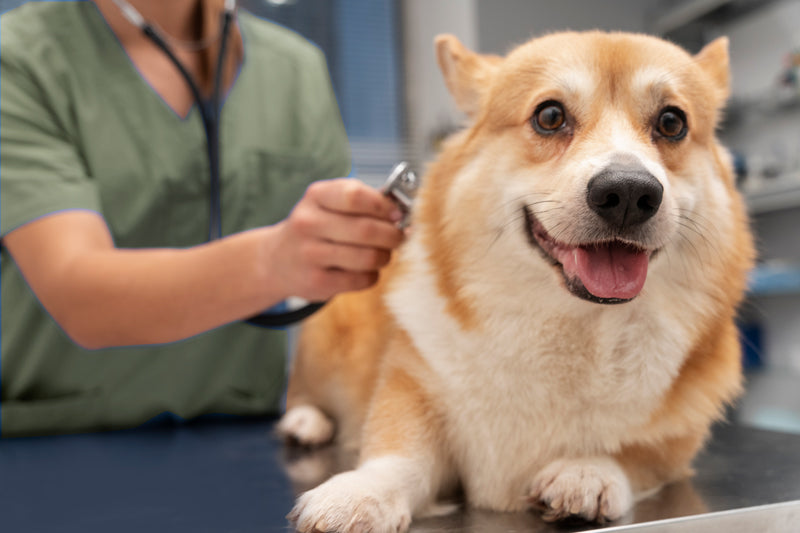Why is nutrition important?
With estimates of over a third of households owning dogs and just under owning cats, there is an ever-increasing trend for having animal companions in our homes. Much of our knowledge on the nutritional needs of our pets is based on research funded by the commercial pet food industry. The Pet Food Manufacturing Association (PFMA) set the industry standards for the minimum nutritional needs of our cats and dogs to survive.

Much of our knowledge on the nutritional needs of our pets is based on research funded by the commercial pet food industry. The Pet Food Manufacturing Association (PFMA) set the industry standards for the minimum nutritional needs of our cats and dogs to survive.
That is the trouble... what is the minimum a food should meet?
This allows foods packed full of derivatives, mostly cereals and with little fresh ingredients to be widely sold as ‘premium nutrition.’ A dog may be able to survive on this but at what cost later in life and is your pet thriving?
Like humans, no single diet suits all. When we as nutrition specialists
talk about the best diet, we first ask a lot of questions. This is not just so we can hear all about your dogs and cats (which we do enjoy hearing about) but to build a bigger picture of their lifestyle and identify areas that can be improved with diet changes.
This also helps us narrow down from the many foods and supplements on offer the right options for your pet. Feeding a natural and healthy diet to your pet could not only help prolong your pet's life but also offer them a better quality of life. Obesity is a growing concern for vets who have estimated as high as 51% of dogs and 44% of cats are overweight or obese. Arthritis, diabetes, pancreatitis, and heart disease are commonly associated conditions with overweight animals but research of illness where obesity is a contributing factor is much longer.

This is just one of the problems that can be prevented or treated by a correct diet but does not mean you have to go for a vet obesity diet but instead find a high-quality low-fat diet and explore healthier treats. Problems such as itchy dry skin, gunky ear discharge, chewing at paws, eating their own poo’s and tear staining can also be down to an incorrect diet or through something missing from their food and can, in
many cases, be treated with diet changes or supplements. This can not only allow you to save money at the vets but ensure you pet not only survives but thrives.
How can we help you today?
Contact our team with questions about our products or with your pets nutritional needs.
